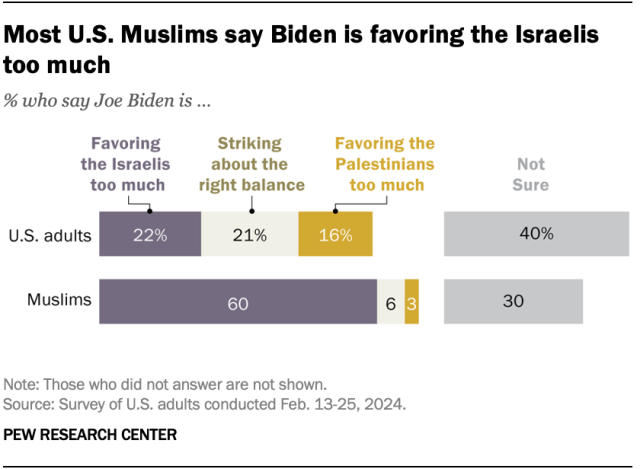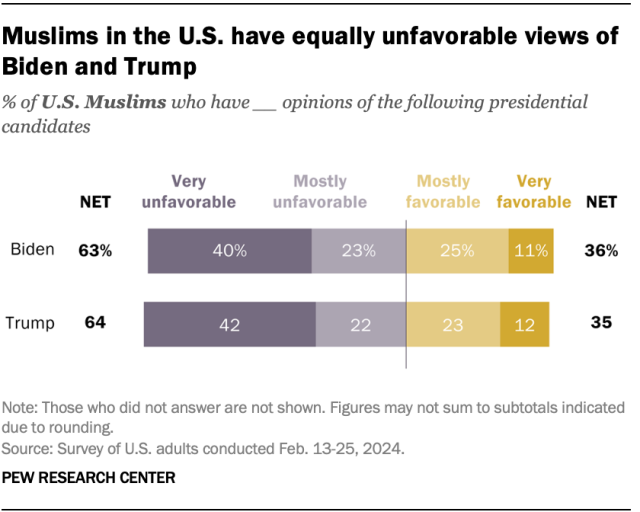
Jerusalem, Apr 16, 2024 / 06:00 am
In the chaos of the Israel-Hamas war, where any movement can be fatal, even burying the dead is not guaranteed. Hundreds still lie under the rubble across the Gaza Strip, and transporting bodies to cemeteries is nearly impossible. This is compounded by the heartbreak of mass graves.
The challenge is even greater for Christians, whose cemeteries are all in the northern part of Gaza, next to their places of worship. For those who die in the south, receiving a Christian burial is impossible.
Recently, two Christians passed away in the South of Gaza — Hani Suhail Michel Abu Dawood and Haytham Tarazi. Their families could not bid them a final farewell and, for now, have been unable to return their loved ones’ bodies to Christian cemeteries in the north. However, the doors of Muslim cemeteries have opened to receive their bodies and give them a dignified burial.
Reuters reported the testimony of Ihsan al-Natour, a worker at the Muslim cemetery in Tal al-Sultan in Rafah, who mentioned the burial of a Christian, Abu Dawood.
“He’s buried amongst Muslims and there are no signs that indicate he is Christian,” al-Natour said. “He is a human being; we respect human beings and appreciate humanity and we love every person on earth.”










